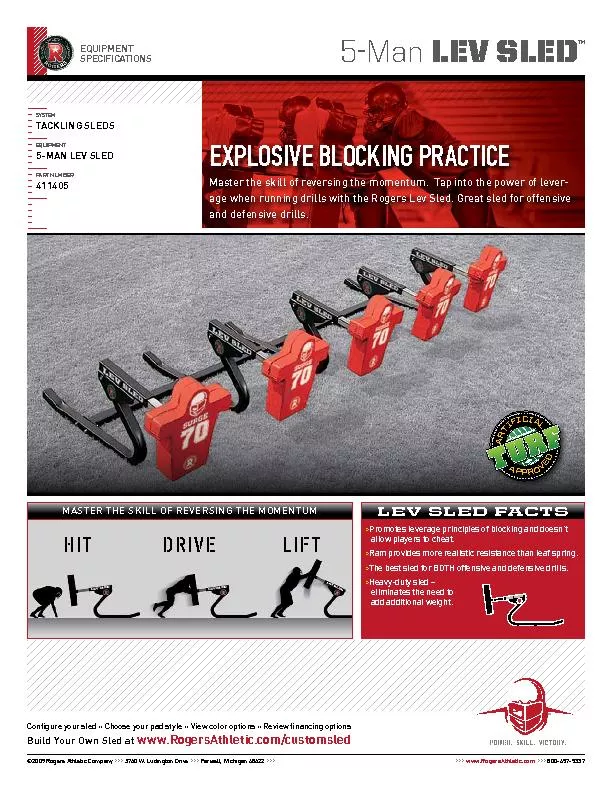PDF-ACR Manual on Contrast Media – Version 9, 2013 Table of Content
Author : faustina-dinatale | Published Date : 2016-05-07
Version 9 Version 9
Presentation Embed Code
Download Presentation
Download Presentation The PPT/PDF document "ACR Manual on Contrast Media – Ve..." is the property of its rightful owner. Permission is granted to download and print the materials on this website for personal, non-commercial use only, and to display it on your personal computer provided you do not modify the materials and that you retain all copyright notices contained in the materials. By downloading content from our website, you accept the terms of this agreement.
ACR Manual on Contrast Media – Version 9, 2013 Table of Content: Transcript
Download Rules Of Document
"ACR Manual on Contrast Media – Version 9, 2013 Table of Content"The content belongs to its owner. You may download and print it for personal use, without modification, and keep all copyright notices. By downloading, you agree to these terms.
Related Documents














